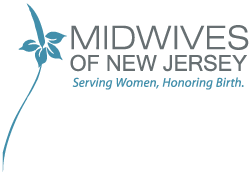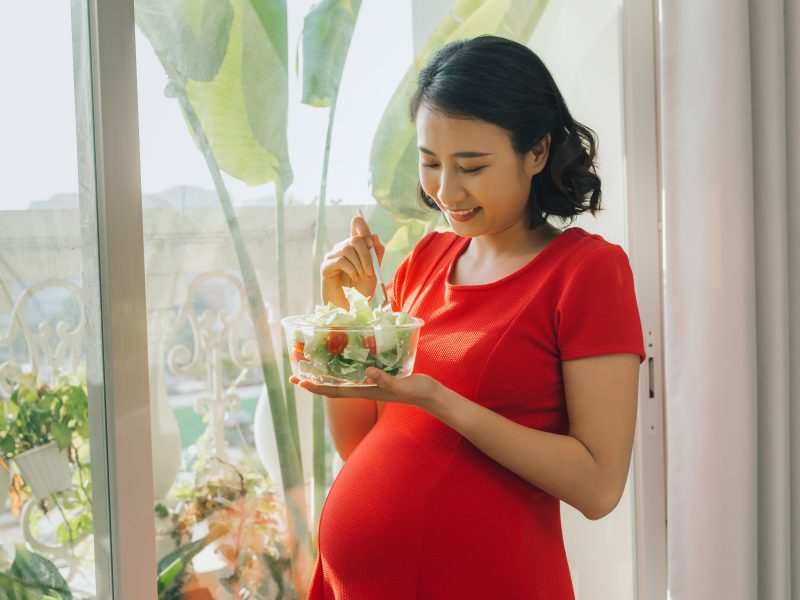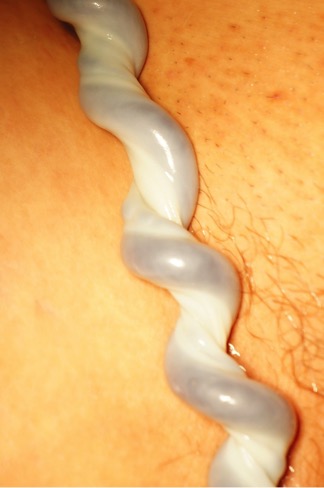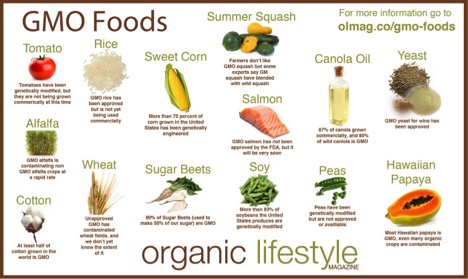A woman must prioritize optimal dietary choices for more reasons than just avoiding a surgical birth. An excellent pregnancy diet is the single best choice a mother can make for herself and her baby because her diet impacts her own body and mind, her placenta and her baby’s current and future health.
How Weight Gain in Pregnancy Impacts the Birth
Women can improve their chances for a vaginal birth by watching their diet and their weight gain carefully.
- Gaining too much weight can be a sign of a diet that is high in carbohydrates, lower in nutrition and a sign of a sedate lifestyle. The baby can grow larger than its genetic potential because of the constant sugar in his mother’s blood. The woman’s vagina can store fat and make the passage difficult to navigate.
- Gaining too little weight gain because of poor calorie and nutritive intake can be just as concerning as too much weight gain. If the baby, placenta and maternal blood volume lack the nutrition needed to grow healthily, the baby may be smaller than its potential and may be intolerant of labor. Also, the placenta may be unable to support the baby during the stress of labor. If the amniotic fluid is low because the placenta is not functioning well, the umbilical cord can be compressed during labor causing decelerations of the baby’s heartbeat.
Nutrients Needed to Grow a Healthy Pregnancy & Improve Odds for a Healthy Birth
A woman needs to plan her meals more carefully when pregnant. Even though she may not get every nutrient every day, the pregnant mom needs to look at her week as a whole to be sure she is consuming enough of everything. She should eat every 2-3 hours so that blood sugar levels stay steady throughout the day and be sure that her last snack of the day in high in protein to keep blood sugar stable all night.
Avoiding pregnancy complications is a woman’s best chance at avoiding interventions in her labor and birth. Complications like poor fetal growth, pre-eclampsia (a pregnancy blood pressure disease), or gestational diabetes involve labor interventions like continuous fetal monitoring, bed rest and induction of labor. All of those things will negatively impact a woman’s ability to give birth vaginally.
Protein
A pregnant mother is in an anabolic state in the first half of pregnancy. She is laying down fat stores, glycogen in her liver and growing her blood volume for use as the fetus grows in the 2nd half of pregnancy. Throughout pregnancy, protein intake is essential for pregnancy health. The woman needs a solid 60 grams of protein per day until the last month of pregnancy when she needs 80 grams per day. Plenty of protein also helps to make an umbilical cord that is full of Wharton’s Jelly, the cushion for the 3 blood vessels in the cord. Compression of the cord in labor is much less likely when the vessels are well-protected.
 Choline
Choline
Choline is an essential nutrient in pregnancy. Adequate choline intake is associated with decreased risk of pre-eclampsia and improved brain function for both the baby and the mother. Long-term effects may be a decreased chance of developing diabetes and schizophrenia. Since Choline is best absorbed from food, a pregnant woman should eat at least 2 eggs per day. She can get some additional Choline from beef liver, other beef, Brussel sprouts, broccoli and salmon.
Variety of Fruits and Vegetables
The nutrients in fruits and vegetables are essential to current and lifelong health. Cruciferous vegetables like cabbage and Brussel sprouts prevent cancer in the mother, her baby and even children in future generations. Pregnant women will benefit when most of their diet is made up of fruits and vegetables, organic whenever possible. A quick source of fruits and vegetables for a mom on the run are Juice Plus+.
Vitamin C
Vitamin C is essential in the production of collagen. Collagen is used in building skin, bones and connective tissues. Significantly, collagen is used in the synthesis of the placenta’s bag of water. A strong bag of water is important to prevent Premature Rupture of Membranes-the water breaking before labor. This is important because a woman is often induced and encouraged to deliver more quickly because the water is broken. Infection is a greater possibility once the water is broken and that can also affect the birth. A woman should be sure to ingest at least 2000 mg of vitamin C a day. A supplement of Liposomal Vitamin C is a good idea.
Calcium/Magnesium
Calcium and Magnesium affect blood pressure and muscle contractility. Women who get adequate amounts of these minerals have less preterm labor and less blood pressure disease. It is a good idea for a pregnant woman to take a supplement of 1000 mg of both Calcium and Magnesium daily.
Constipation and insomnia can be a sign of Magnesium deficiency, a pregnant woman can safely add another 1000mg of Magnesium before bed.
Vitamin D
Vitamin D is used by every cell in the human body. Vitamin D has been associated with an increased risk for cesarean section, perhaps because low D can cause muscle weakness and the uterus is a very large muscle with a big job of pushing out the baby. Most people are deficient in Vitamin D unless they are regularly taking a quality supplement. Pregnant women should have their Vitamin D level monitored and generally should supplement safely with 4000 IU each day.
Iron-Containing Foods
Avoiding anemia is a good idea for overall wellness in pregnancy. One of the most effective iron supplements is Floradix Herbal Iron 4-6 tsp. per day.
Foods that contain iron include chicken and beef liver, red meat, eggs, pumpkin and squash seeds, dark green leafy greens, dark chocolate and some nuts (pine nuts, hazelnuts, almonds and cashews), beans, lentils and legumes. Iron absorption is improved in the presence of vitamin C and decreased when consumed with calcium foods.
Fats/Fatty Acids
In general, a pregnant woman does not need to limit her fat intake in pregnancy. Many foods that provide good nutrition are higher in fat-things like eggs, beef, whole milk, yogurt or nut butters. In the interest of limiting weight gain though, sometimes the fats should not be consumed in the presence of carbohydrates. For example, it would be better to eat peanut butter on celery than bread or crackers.
The typical American diet is severely lacking in the Omega-3 Essential Fatty Acids DHA and EPA and very out of balance with Omega-6 and Omega-9’s. Omega-3 fatty acids are ESSENTIAL in the proper development of the baby’s nervous and immune systems. Pregnant and lactating women (along with all adults) should consume at least 500 milligrams (mg) of omega-3s, including eicosapentaenoic acid (EPA) and docosahexaenoic acid (DHA), daily. Krill Oil is an excellent source of this very important nutrient.
Avoid Excessive Calories and Carbohydrates
In order to consume the nutrients essential for a healthy pregnancy, a woman will find little room for the high sugar, low nutrient carbohydrates in her diet. Breakfast foods like cereal, granola and toast need to be replaced by meals like vegetable omelets or plain yogurt with berries and nuts. A breakfast high in sugar increases the woman’s appetite for the rest of the day. She needs to start the day with protein. She can eat a serving of complex carbs with protein like Ezekiel bread with almond butter a couple of hours later.
Smoothies are usually a large dose of liquid sugar because the amount of fruit that is usually added to make them palatable. Drinking sugar is even worse that eating it within the context of a meal because the quickly absorbed smoothie will spike blood sugar. When choosing a smoothie, look carefully at the glycemic index of the recipes and consider drinking them later in the day instead of breakfast.
Avoid as Many Food Additives, Preservatives and Dyes as Possible
There is no reason to believe that these chemicals would not have some effect on the fetal nervous system and its responses during labor. The environment contains many toxins that are nearly impossible to eliminate from a woman’s and her baby’s body. Everyone can do their best.
- Propyl Gallate, BHA and BHT
- Potassium Bromate
- Monosodium glutamate (MSG)
- Aspartame
- Sodium Nitrite (Sodium Nitrate)
- Artificial Food Coloring
- Red # 40, Blue #1 and #2, Yellow #5 and #6 and caramel coloring
- High Fructose corn syrup
Pregnancy is one of the best times to invest in high-quality food. The baby is most vulnerable to toxins and derives the most benefit from healthy foods when in utero. Studies show that Genetically Modified food fed to pregnant lab rats substantially reduces their offspring’s lifespan and their ability to reproduce. It has been shown that a mother’s diet rich in cruciferous vegetables, like broccoli, will help prevent cancer in the child’s lifetime. She should consume as many organic foods as the family can afford.
When choosing fruits and vegetables, it is best to ingest as few pesticides as possible. The dirty dozen are the 12 fruits and vegetables that have the most toxins. A woman should buy these organic or not eat at all.
Dirty Dozen
- Apples
- Celery
- Tomatoes
- Cucumbers
- Grapes
- Nectarines
- Peaches
- Potatoes
- Spinach
- Strawberries
- Blueberries
- Sweet Bell Peppers
The clean 15 can be eaten without having to pay for organic.
Clean 15
- Onions
- Avocado
- Sweet Corn (watch for GMO)
- Pineapple
- Mango
- Sweet Peas
- Eggplant
- Asparagus
- Kiwi
- Cabbage
- Watermelon
- Grapefruit
- Sweet Potatoes
- Honeydew Melon
Pregnancy is a motivational time for most women. Becoming more discriminating about food and nutrient choices with a mind toward long-term benefits is a positive lifestyle shift that will reap benefits for a woman and her family for years to come.
Read the next post in the Avoiding Cesarean Series on Working Toward Optimal Fetal Positioning:


 Choline
Choline






 How to Write the Best Birth Plan
How to Write the Best Birth Plan
